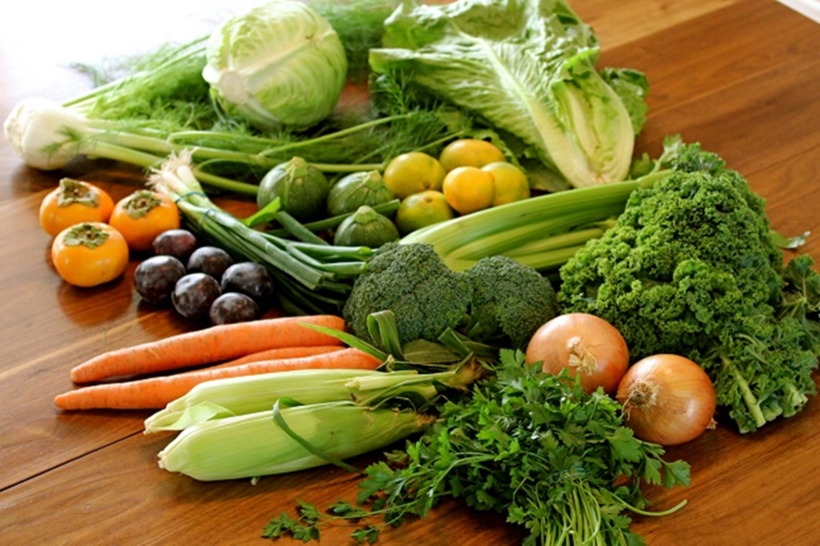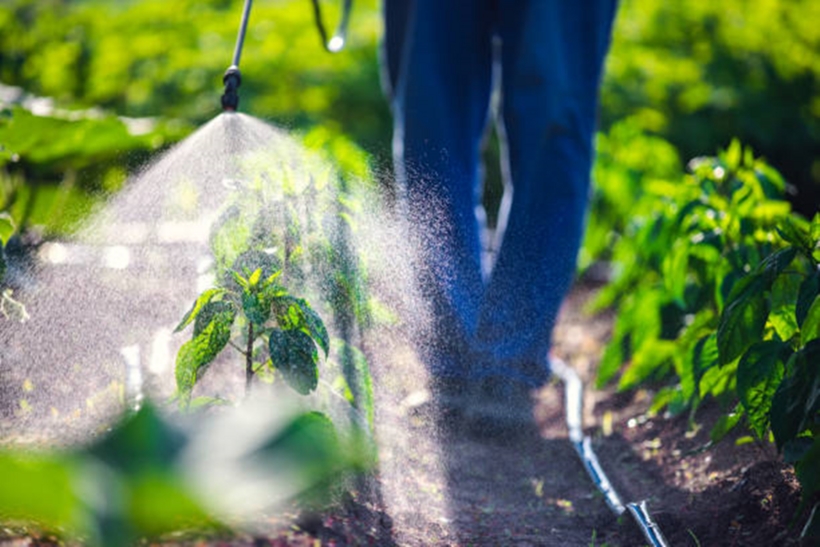The use of pesticides in vegetable gardening is inevitable to protect crops from insects and diseases. However, the overuse of pesticides can have serious impacts on human health. Therefore, it is crucial to identify vegetables that have been treated with pesticides to protect your own and your family’s well-being.
This article will provide you with some tell-tale signs to help you recognize vegetables that may have been treated with pesticides, enabling you to make safer choices for yourself and your loved ones.

Signs to spot vegetables that have been soaked in pesticides and stimulants.
Observe the shape and appearance
Unusual size: Vegetables that are noticeably larger or smaller than the standard size may indicate the use of growth stimulants or chemicals.
Distorted shape: Vegetables with warped, misshapen, or uneven forms could be a result of pesticide exposure.
Surface irregularities: Vegetables with numerous black spots, a rough texture, or an abnormally thick layer of wax may have been sprayed with pesticides.
Examine the color
Excessively green: Vegetables with an unnaturally deep or vibrant green color might suggest the use of growth stimulants.
Uneven coloration: Vegetables with patchy or inconsistent colors across different parts could be indicative of chemical influence.
Faded appearance: Vegetables that appear washed out and lacking in vibrancy may have been affected by pesticides.
Identify through scent and taste
Pungent odor: Vegetables with a strong, unpleasant, or chemical odor might indicate the presence of pesticide residues.
Fishy smell: An abnormal fishy scent in vegetables compared to their natural aroma could be a sign of chemical treatment.
Lack of flavor: Vegetables that are devoid of their characteristic taste and aroma may have been impacted by pesticides.
Test for crispness
Quick to wilt: Vegetables that show signs of rapid wilting after purchase could be treated with growth stimulants.
Soft and limp: Vegetables that are soft and lacking their natural crispness may have been affected by chemicals.
Chewy texture: Vegetables with an unusual toughness or chewiness could be a result of pesticide residues.

More signs to spot pesticide and stimulant use.
Other indicators
Infestation: Vegetables with a high presence of insects, aphids, or signs of damage from pests could indicate the use of chemical pesticides.
Fine dust particles: Vegetables coated with fine dust that is difficult to wash off may have been sprayed with pesticides.
Water retention: Vegetables with excessive water droplets on their leaves, indicating poor water absorption, could be a result of growth stimulants.
Note of caution:
These signs are for reference only and may not conclusively determine the presence of pesticides. To ensure safety, purchase vegetables from reputable sources with clear origins. Opt for certified organic or chemically-free produce whenever possible. Thoroughly rinse vegetables under running water multiple times before consumption.
Additionally, you may consider investing in pesticide residue testing equipment to quantitatively assess the chemical content in your vegetables. However, these devices tend to be expensive and may not be accessible to everyone.
Making informed choices about the food we consume is essential for our well-being. We hope that this article has empowered you with the knowledge to recognize vegetables that may have been treated with pesticides and, in turn, make smarter choices for yourself and your family.
According to ‘Life and Law’ Magazine






























